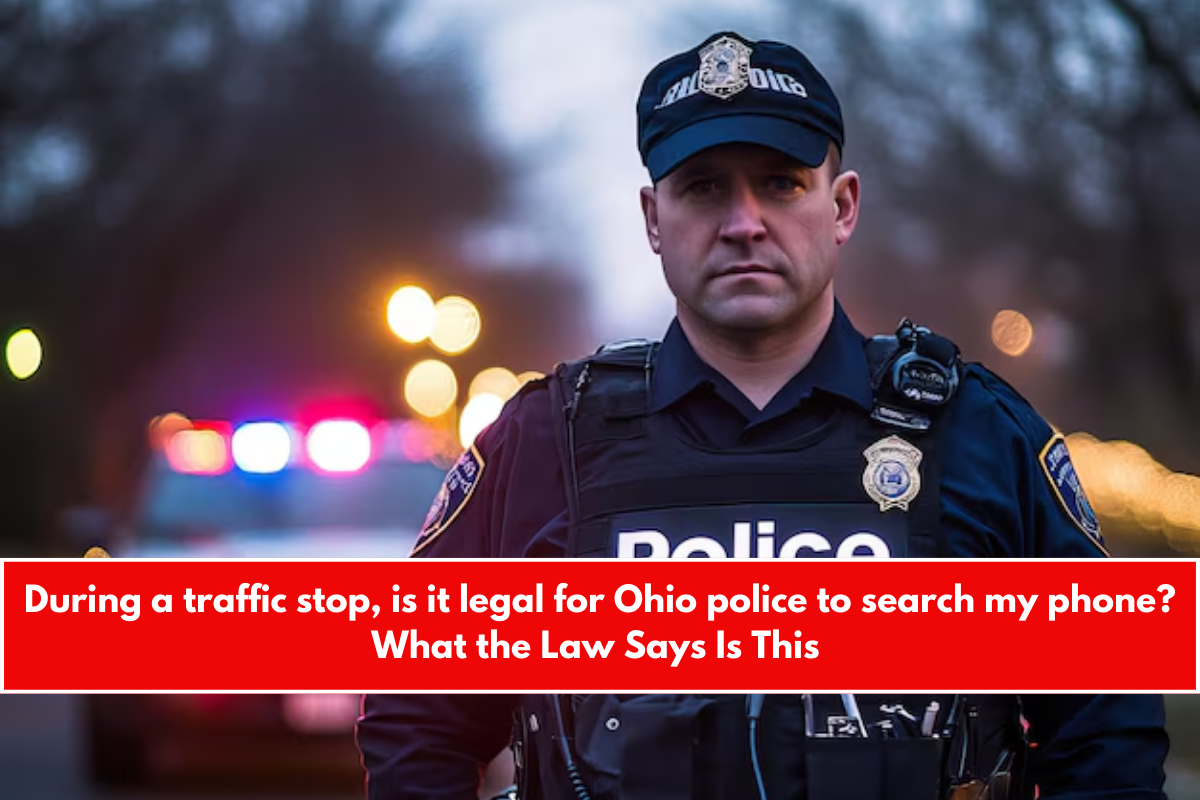TNS) — Nowadays, the majority of us save a great deal of data on our cellphones.
Many aspects of our life are centered on those little rectangles of glass and metal, whether it’s texting friends and coworkers, taking pictures, or accessing bank accounts. Additionally, biometric technologies like fingerprint and facial recognition have made it simpler for us to access them quickly.
What if a South Carolina police officer stops you, shows suspicion, and requests to see what’s on your phone?
Shall you allow him?
Is he even entitled to it?
This is what the law says about it.
The Supreme Court and the U.S. Constitution regarding searches
The U.S. Constitution’s Fourth Amendment forbids “unreasonable search and seizure,” which means that without a warrant or other valid basis, authorities cannot search someone or their property.
“You have the right to refuse to consent to the search of your person, your car, or your home when you are interacting with a South Carolina law enforcement official,” according to David Aylor Law Offices, located in the Lowcountry. “You also have the right to keep quiet and refuse to respond to any questions that officers may pose.”
According to Deaton Law Firm LLC in North Charleston, the U.S. Supreme Court’s ruling in the 2014 case of Riley v. California more clearly supported the right to object to phone searches.
According to the Deaton Law Firm, “the general rule is that the police cannot seize your cell phone without a warrant.” Furthermore, a warrant is still necessary for law enforcement to access the contents of your phone, even if they take it without one as part of an arrest.
Are searches on smartphones an exception?
Consent is the main exemption; if you allow authorities to search your phone, they don’t need a warrant. Suspects are not compelled to hand police their phones, however.
According to the Deaton Law Firm, “the police cannot force a suspect or arrestee to unlock a phone using fingerprint or facial recognition voluntarily” in accordance with recent U.S. Supreme Court law. Nonetheless, authorities may get a warrant that expressly permits the forced use of face recognition or fingerprints.


















Leave a Reply